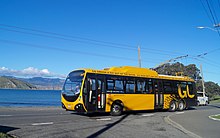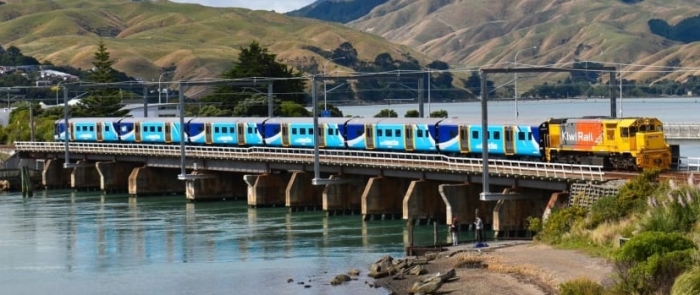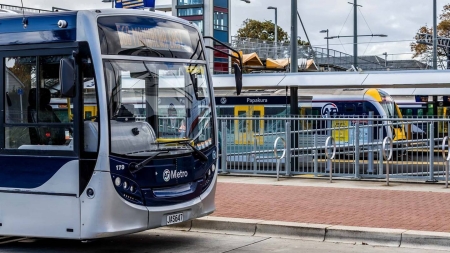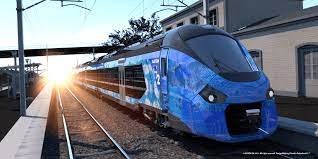The Railway Advocacy Collective is excited that the Parliamentary Transport and Infrastructure select committee has opened an inquiry into "inter-regional passenger rail" in New Zealand.
National coordinator of TRAC Niall Robertson says, “It is about time that transport policy became more sensible. We are in the middle of a climate crisis and Aotearoa New Zealand has never suffered more inequality than now, while all transport policy to date has been almost totally road focused in the regions”
The inquiry wants to know about the viability of passenger rail in underserved communities and those with prior rail passenger links that have lost them. They are also assessing the viability of operating passenger trains alongside freight
The Chair of TRAC Guy Wellwood said, “Living most of my life in the Hawkes Bay, I can remember the days when we had two daily railcar services to Wellington and the same to Gisborne. We still had a profitable service to Napier as late as 2001, but when Transcenic was sold off in that year, the new owners wanted to use the carriages to prop up other services due to their limited investment capability. These are the effects of privatisation. So I am glad that the government is looking at reviving services like our “Bay Express”.
TRAC favours the use of hybrid trains in the extended Wellington and Auckland areas like the ones proposed for the Wellington regional trains which could also be used on an expanded Te Huia service. As half of the Aotearoa New Zealand population and economy live in the ‘Golden Triangle’ there needs to be a state of the art fast train service capable of 160kph.
However, Robertson also says that more remote regions should not be forgotten in these developments and rail may offer large benefits to remote regions with a railway for a modest cost. Currently there is a large fleet of ex Auckland carriages stored by KiwiRail which could be brought back into service to offer some initial relief to the regions until more suitable trains can be purchased. Robertson says, “Each region should have a service suited to its needs, but there also needs to be an extended and connected network throughout the country. This will take time and investment, but the wider economic, social and environmental benefits of these developments will be immense”.
Press release dated 15 Aug 22. Authorized by Guy Wellwood Chair, The Railway Advocacy Collective (TRAC)
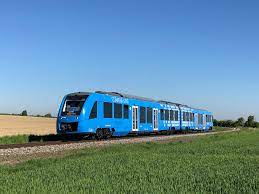
Government Investigates Long Distance Public Trains by Rail
Published on 15/08/2022 at 12:44 pm.
